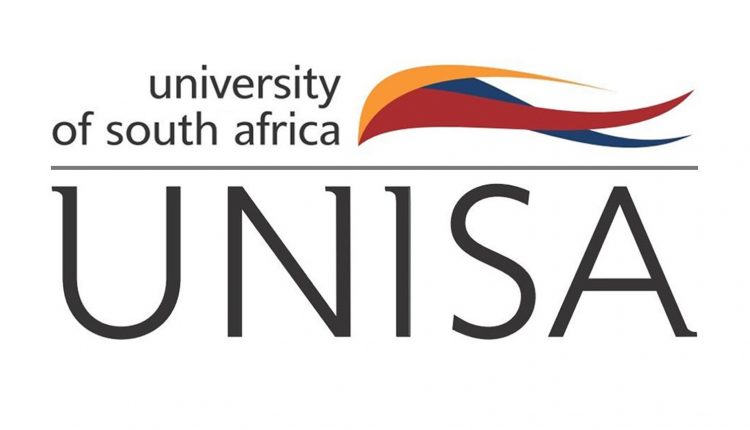University of South Africa’s RSRC assist in dealing with anxiety and depression
Despite the wintry chills, students from the Greater Johannesburg area joined in the activities hosted by the RSRC which began with an information session followed by sports activities. Student counsellor, Fhatuwani Makahane, led the session and gave a heartfelt and encouraging message to students about mental health, depression and anxiety, addressing particularly career choices, lifestyle and the future.
“The students from all Unisa regions – Ekurhuleni, Florida, Ghandhi and Vaal – came in droves and the engagement was overwhelming,” said RSRC Chairperson, Siyabonga Lushaba. Lushaba stated that the purpose of the day was to highlight mental challenges faced by students and the fact that even in a complex Open Distance and eLearning environment, student needs should be prioritised.
Lushaba also established, during the event, that students often expressed their future concerns, particularly their careers – that they carry a lot of uncertainty which often drives them towards anxiety and depression. “We therefore saw it fit to present a programme that will address these uncertainties, but most importantly we wanted students to be exposed to different ways of dealing with anxiety,” he remarked.
He stated that having anxiety is a general human reaction to future events. However, he cautioned that doubting one’s own strengths and intellectual capabilities due to anxiety come at a heavy cost, which include dropping out, and falling victim to substance and drug abuse, among others.
Lushaba also stated that the activities were designed to prepare students for the future without worrying, pointing out that they have the capacity and support to fulfil their dreams, and that Unisa has well-established counselling centres throughout its regions where students can get help when coping appears difficult.
Lushaba noted concerns from students that since the Covid-19 pandemic, such activities were virtually drawn to a halt, and that first-year students were the ones who could benefit from them so they may not feel isolated from the Unisa community. He remarked: “We have noted that first-year students wish to have such activities more often so that they experience the atmosphere and inclusivity of the university.”
“The challenges faced by the students are many and they are frustrating, we hope the campaign assisted a lot,” he remarked.
On the following day, the RSRC hosted student sports activities at the Ekurhuleni Centre which included netball, soccer and board games. Lushaba remarked that many physical and mental ailments are brought on by lifestyle choices, and that these can be overcome by exercising and eating healthy, stating that “a healthy body leads to a healthy mind”.
Lushaba also anticipated that these campaigns would become the bedrock of the RSRC, and that the next RSRC members will not forget the importance of student mental health.
“We hope to have more campaigns of this nature whereby we will be assisting students even in the near future; it shouldn’t end with this current leadership of the RSRC.” he concluded.

